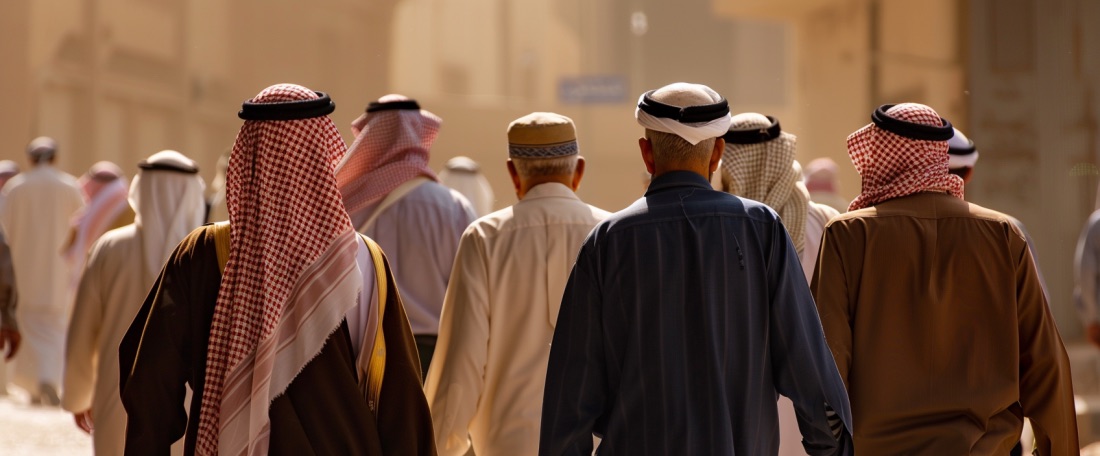Radiohead Member Defends Collaboration with Israeli Artist Amid Controversy
LONDON: Amid accusations of “artwashing genocide,” a member of English band Radiohead has defended his collaboration with an Israeli artist and performance in Tel Aviv.
Jonny Greenwood, a founding member of the band at 52 years old, has been working with Israeli artist Dudu Tassa since 2008, as reported by The Independent.
Their performance in Tel Aviv in May this year and the release of their album of Arabic love songs, “Jarak Qaribak,” last year have sparked controversy.
On May 26, a day before the Tel Aviv concert, Greenwood joined a protest advocating for the release of hostages from Gaza and new elections in Israel.
The Boycott, Divestment and Sanctions movement issued a statement condemning Greenwood’s collaboration, accusing him of “artwashing Israel’s genocide.”
In response, Greenwood, who is married to Israeli visual artist Sharona Katan, defended his work, stating that silencing Israeli artists based on their nationality is not the way to foster understanding in the ongoing conflict.
He emphasized the importance of his album, which brings together Arab and Jewish musicians, and highlights the cultural roots in countries like Iraq and Yemen dating back thousands of years.
Radiohead has faced criticism from prominent figures like Roger Waters and Ken Loach for their performances in Israel, with calls for the band to join the cultural boycott against the country.
Despite the backlash, frontman Thom Yorke has stated that the band does not support BDS and believes that performing in a country does not equate to endorsing its government.
The personal connection to the Israeli military through Greenwood’s wife’s nephew, who was killed in Gaza while serving in the Israel Defense Forces, adds a layer of complexity to the controversy surrounding the band’s performances in Israel.
As the debate continues, Greenwood stands by his artistic collaborations and calls for a more nuanced approach to understanding cultural exchanges in a conflicted region.

